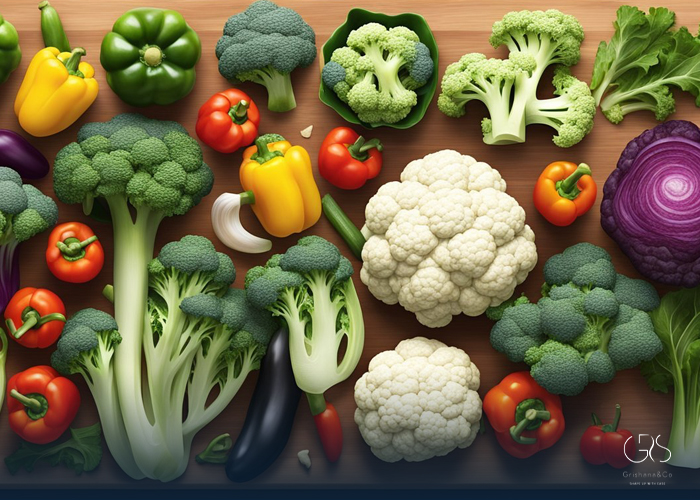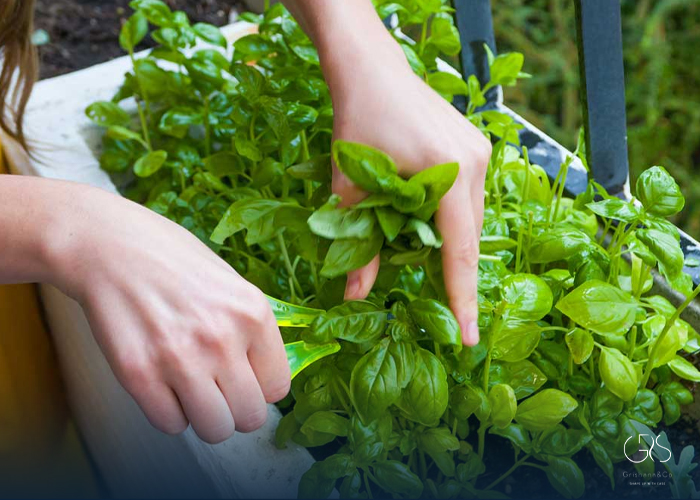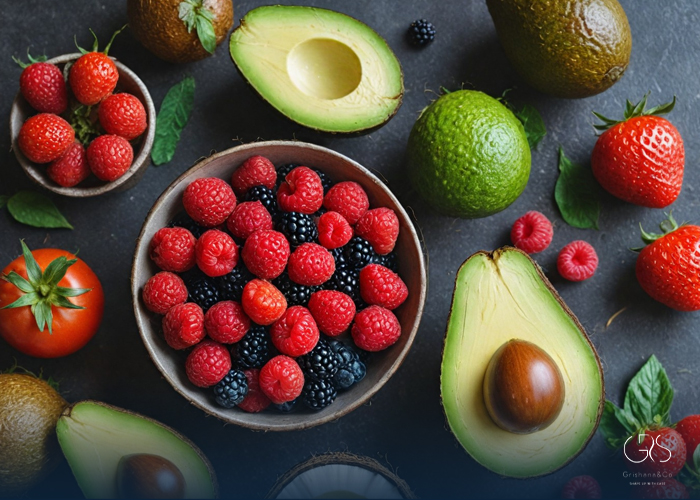Low-carb, high-fiber vegetables have become increasingly popular due to their numerous health benefits, especially for individuals following a ketogenic or low-carb diet. These vegetables are not only low in carbohydrates, making them suitable for those watching their carb intake, but they are also high in fiber, providing essential nutrients and aiding in digestion. In this article, we will explore 8 low-carb vegetables that are high in fiber, the benefits of incorporating them into your diet, and tips for consuming them, as well as high-carb vegetables to limit and why low-carb, high-fiber vegetables are good for you.
1. Cauliflower
Cauliflower is a versatile, low-carb vegetable that has gained popularity as a substitute for starchy foods like rice and mashed potatoes. It is high in fiber, with 2 grams of fiber per cup, and low in carbohydrates, making it an excellent choice for those looking to increase their fiber intake while keeping their carb consumption in check. Additionally, cauliflower is rich in vitamin C, vitamin K, and other essential nutrients, making it a nutrient-dense option for a low-carb, high-fiber diet.
(I suggest that you read this article about the Benefits of Vitamin C.)
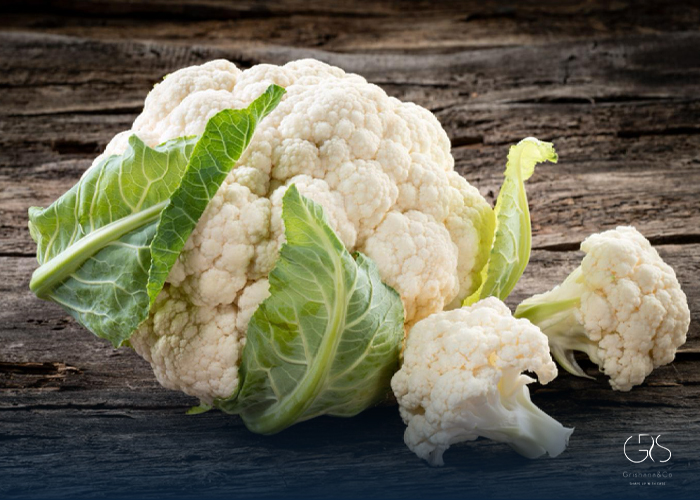
2. Broccoli
Broccoli is another low-carb, high-fiber vegetable that is packed with nutrients. With 2.4 grams of fiber per cup, broccoli is an excellent choice for those seeking to boost their fiber intake while maintaining a low-carb lifestyle. In addition to its fiber content, broccoli is a good source of vitamin C, vitamin K, and folate, making it an essential component of a balanced diet.
3. Asparagus
Asparagus is a low-carb, high-fiber vegetable that is also high in antioxidants and other beneficial nutrients. With 2.8 grams of fiber per cup, asparagus provides a substantial amount of fiber while being low in carbohydrates. Additionally, asparagus is rich in vitamins A, C, E, and K, as well as folate and chromium, making it a valuable addition to a low-carb, high-fiber diet.
4. Purple Cabbage
Purple cabbage, also known as red cabbage, is a low-carb, high-fiber vegetable that adds vibrant color and nutritional value to meals. With 2.2 grams of fiber per cup, purple cabbage offers a good amount of fiber while being low in carbohydrates. It is also a rich source of vitamins C and K, as well as antioxidants, making it an excellent choice for those looking to increase their fiber intake and incorporate a variety of nutrients into their diet.
5. Eggplant
Eggplant is a low-carb, high-fiber vegetable that is a staple in many cuisines around the world. With 2.5 grams of fiber per cup, eggplant offers a substantial amount of fiber while being low in carbohydrates. It is also a good source of vitamins and minerals, including vitamin C, vitamin K, and potassium, making it a nutritious choice for those seeking to add more fiber to their diet while keeping their carb intake moderate.
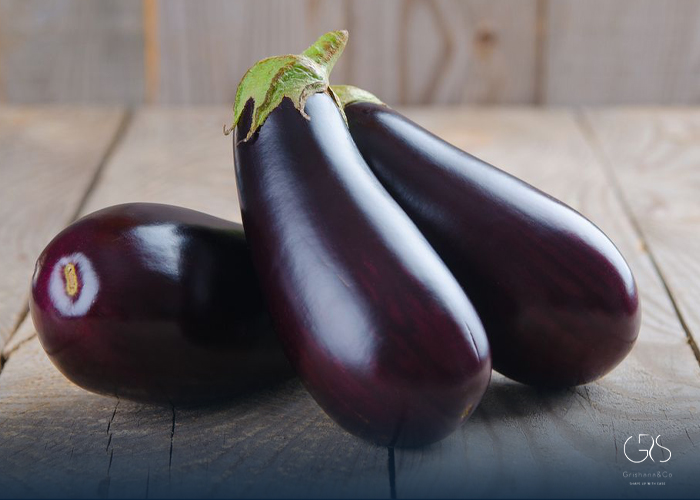
6. Kale
Kale is a nutrient-dense, low-carb vegetable that is also high in fiber, with 2.6 grams of fiber per cup. In addition to its fiber content, kale is rich in vitamins A, C, and K, as well as other essential nutrients like calcium and manganese. Its high nutrient density and low-carb, high-fiber content make it an ideal choice for those looking to improve their overall diet quality.
7. Bell Peppers
Bell peppers are low in carbs and high in fiber, with 2.5 grams of fiber per cup. They are also an excellent source of vitamins A and C, as well as antioxidants like beta-carotene and quercetin. Their vibrant colors and crunchy texture make them a versatile addition to a low-carb, high-fiber diet.
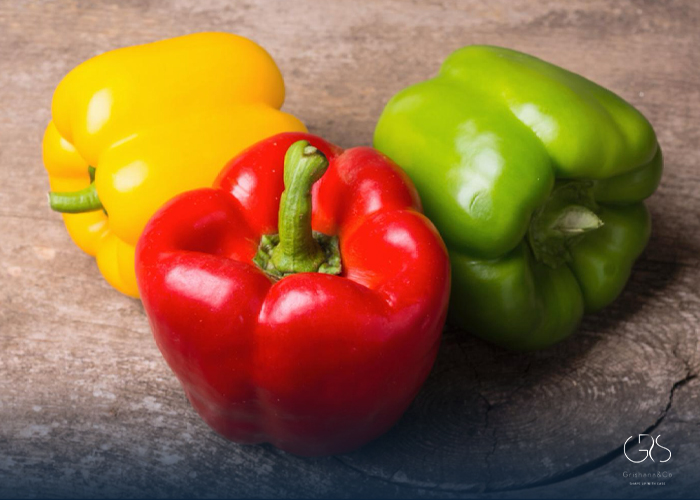
8. Mushrooms
Mushrooms are low in carbs and high in fiber, with around 1 gram of fiber per cup. They are also a good source of vitamins and minerals, including B-vitamins, copper, and selenium. Mushrooms add a savory umami flavor to dishes while providing a boost of fiber and nutrients.
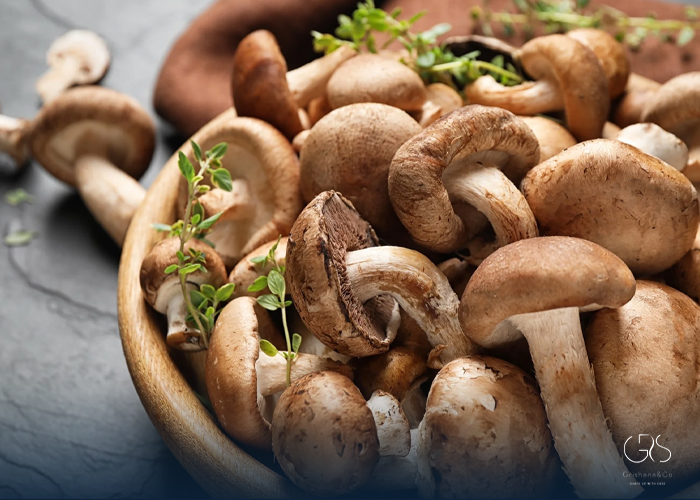
High-Carb Vegetables to Limit
While many vegetables are nutrient-dense and provide valuable health benefits, some are higher in carbohydrates and lower in fiber. Starchy vegetables such as potatoes, sweet potatoes, and corn are higher in carbs and lower in fiber compared to the low-carb, high-fiber vegetables mentioned above. These high-carb vegetables should be consumed in moderation, especially for individuals aiming to maintain a low-carb lifestyle.
Why Are Low-Carb, High-Fiber Vegetables Good for You?
Incorporating low-carb, high-fiber vegetables into your diet offers a multitude of health benefits. Increased fiber intake has been associated with improved digestive health, reduced risk of chronic diseases, and enhanced weight management. Fiber helps to promote satiety, aids in regulating blood sugar levels, and supports healthy cholesterol levels. Additionally, low-carb vegetables are often rich in essential vitamins, minerals, and antioxidants, contributing to overall health and well-being.
Tips For Consuming Low-Carb Vegetables
When consuming low-carb vegetables, there are various tips to consider to maximize their nutritional benefits:
- Incorporate a variety of low-carb vegetables into your meals to ensure a diverse intake of nutrients.
- Opt for fresh, organic vegetables when possible to minimize exposure to pesticides and maximize nutrient content.
- Experiment with different cooking methods, such as steaming, roasting, or sautéing, to maintain the vegetables’ nutritional value and enhance their flavor.
- Consider incorporating low-carb vegetables into smoothies, salads, or soups to increase your daily intake of fiber and essential nutrients.
- Be mindful of portion sizes, as even low-carb vegetables contain carbohydrates that can contribute to overall carb intake.
Conclusion
Incorporating low-carb, high-fiber vegetables into your diet can offer a wide range of health benefits, from improved digestion to enhanced nutrient intake. The 8 low-carb vegetables mentioned in this article, including cauliflower, broccoli, asparagus, purple cabbage, eggplant, kale, bell peppers, and mushrooms, provide essential fiber and nutrients while being low in carbohydrates. By prioritizing these vegetables and being mindful of high-carb vegetables to limit, individuals can create a balanced, nutritious diet that supports overall health and well-being.
In conclusion, the inclusion of a variety of low-carb, high-fiber vegetables is essential for promoting a healthy, balanced diet. Their rich fiber content, combined with essential vitamins, minerals, and antioxidants, makes them an integral part of a nutrient-dense and low-carb lifestyle. By incorporating these vegetables into your meals and being mindful of high-carb alternatives, you can optimize your diet to support optimal health and well-being.
Sources
- Mayo Clinic, Dietary fiber: Essential for a healthy diet
- Healthline, The 20 Best Low Carb Vegetables (Plus 1 Great Low Carb Fruit)
- Medical News Today, Soluble and insoluble fiber: What is the difference?


